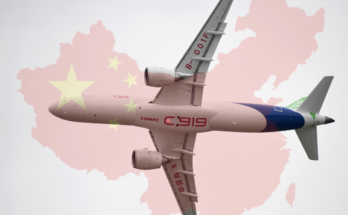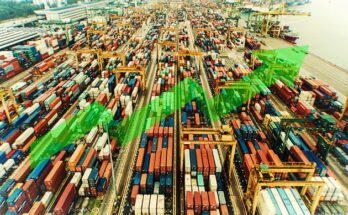The United Kingdom voted by a majority to leave the European Union on June 23, 2016. This marked the beginning of an unprecedented process through the activation of a “withdrawal clause” provided for in the Lisbon Treaty (2007). On March 13, 2017, the process officially began, and after more than a year of negotiations, the European Union and the United Kingdom reached an agreement on the withdrawal of the United Kingdom, known as Brexit. Jan. 31, 2020.The original timetable for Brexit was changed several times due to months of legal wrangling between the House of Commons and successive prime ministers Theresa May and Boris Johnson. New elections called in December 2019 finally secured an overwhelming majority for the latter to carry out the Brexit.
The Brexit has deeply divided the British political class. The two major parties, the Labor Party and the Conservative Party, have been divided throughout the process not only into supporters and opponents of the Brexit, but also and especially into supporters of a “hard Brexit” and a “soft Brexit.” MPs have slammed their party doors after decades of involvement, preferring to form a new parliamentary group. The Brexit will leave a lasting mark on the political class and force a realignment of forces. Regionalist groups have confirmed their electoral weight in Scotland, Wales and Northern Ireland.
After long and uncertain negotiations, the European Union and the United Kingdom reached an agreement on Dec. 24, 2020, sealing their new relationship. The 1,248-page agreement is intended to create a new legal framework for the post-Brexit period. The United Kingdom officially leaves the customs union on Jan. 1, 2021. A free trade agreement provides for the reintroduction of customs controls (which were abolished in 1993). The volume of trade between the United Kingdom and the European Union is around 700 billion euros per year.
The question arises as to the new geopolitical positioning of the United Kingdom vis-à-vis Europe and the world. A first option would be to join the European Economic Area (EEA), like Norway and Iceland, which would allow the United Kingdom to continue to enjoy the benefits of the Common Market (the four freedoms of movement of capital, goods, services and people … but Brexit supporters have protested precisely this last point!), without having a say in the content.
Currently, however, the requirement for access to the EEA is membership in the EU or the European Free Trade Association (EFTA). EFTA had been established in 1960 at the instigation of the United Kingdom as a rival to the EEC (European Economic Community), which had been established three years earlier, and at that time focused more on free trade than on the creation of common institutions and policies, in line with the British perception of the finality of European integration. The United Kingdom had to leave EFTA in 1973 when it joined the EEC.
There has been some talk of a return to EFTA, but such a project would likely face a veto from Switzerland, which is now the most populous and powerful member. This is related to the current balance within the association (two Nordic states, Norway and Iceland, and two Alpine states, Switzerland and Liechtenstein).There has been some talk of a return to EFTA, but such a project would likely face the veto of Switzerland, which today is its most populous and powerful member. This is related to the current balance within the association (two Nordic states, Norway and Iceland, and two Alpine states, Switzerland and Liechtenstein).
There has been some talk of a return to EFTA, but such a project would likely face the veto of Switzerland, which today is its most populous and powerful member. This is due to the current balance within the union (two Nordic states, Norway and Iceland, and two Alpine states, Switzerland and Liechtenstein).




